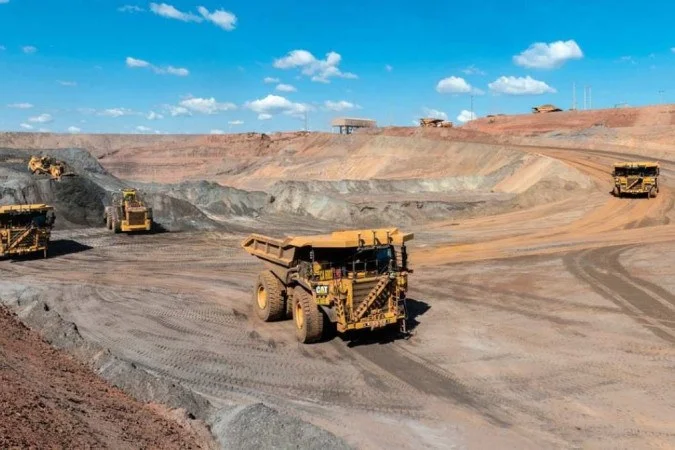The growing interest of the United States in exploring Brazil’s rare earth minerals, a group of 17 critical elements used in high-tech industries and the energy transition, is raising concerns about social and environmental risks linked to mining.
Brazil holds the second-largest reserves of rare earth minerals in the world, behind only China, and may soon become a target of U.S. geopolitical strategy, according to Wagner Ribeiro, geographer and professor at the University of São Paulo (USP).
“Rare earth minerals are not actually rare, they occur frequently. The real challenge lies in locating and processing them”, Ribeiro explained in an interview to Radio BdF. “These materials are extremely important and strategic for the energy transition we are currently experiencing”, he adds.
The professor pointed out that U.S. president Donald Trump and other sectors of the U.S. government are actively seeking to secure global access to these raw materials. The United States has even negotiated with China to access its rare earth supplies. “Although they do have some rare earths, not at the same scale as Brazil and China. That’s why they want to appropriate these materials”, Ribeiro said. “It’s part of a long-standing U.S. strategy.”.
Mining in Brazil has legacy of environmental crimes
The problem, Ribeiro stressed, is that the extraction of these resources relies on mining, an activity with a well-documented history of environmental crimes and human rights violations in Brazil.
“We unfortunately have a legacy of criminal cases involving major companies, leaving behind environmental damage that extends far beyond the immediate impact areas”, he said, citing the disasters caused by the mining giant Vale in the state of Minas Gerais.
“These activities affect Afro-Brazilian quilombola communities, Indigenous people, and small farmers whose ability to maintain their lifestyle is threatened. That’s deeply worrying. We cannot ignore the long-term consequences this model may have on the lives of thousands of people living in these territories”, Ribeiro warned.
As an alternative, the professor advocates for an energy transition that does not depend on finite mineral resources. “With biodiversity, it’s possible to produce and regenerate materials, allowing for greater control over the production cycle”, he said.
“The kind of energy transition that harms communities is not the one I support. We must think about a model of energy production that preserves Indigenous peoples and the communities where they live. After all, they have been there for centuries and are a key participant to preserving planetary life quality”, concludes the professor.




